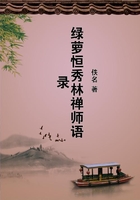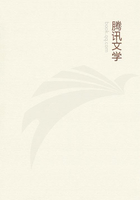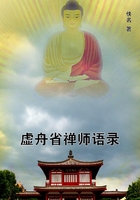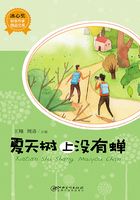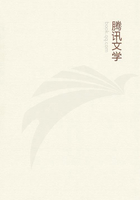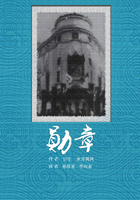I stated in the last Lecture, that the quantity and quality of the commodities obtained by each labouring family during theyear, must depend on the quantity and quality of the commodities directly or indirectly appropriated during the year to theuse of the labouring population, compared with the number of labouring families; or, to speak more concisely, on theextent of the fund for the maintenance of labourers, compared with the number of labourers to be maintained; and Iobserved, that this proposition is inconsistent with many opinions entitled to consideration. Three of those opinions I thenexamined; in the present Lecture I shall consider the remainder.
Fourthly . It is inconsistent with the doctrine that the general rate of wages can, except in two cases, be diminished by theintroduction of machinery.
The two cases in which the introduction of machinery can produce such an effect, are first, when labour is employed in theconstruction of machinery, which labour would otherwise have been employed in the production of commodities for theuse of labourers; and, secondly, when the machine itself consumes commodities which would otherwise have beenconsumed by labourers, and that to a greater extent than it produces them.
The first case is put by Mr. Ricardo, in his chapter on Machinery; but in so detailed a form, that, instead of reading it, I willextract its substance, with a slight variation of the terms. He supposes a capitalist to carry on the business of amanufacturer of commodities for the use of labourers; or, to use a more concise expression, the business of a manufacturerof wages. He supposes him to have been in the habit of commencing every year with a capital consisting of wages for acertain number of labourers, which we call twenty-six, and of employing that capital in hiring twenty men, to reproduce,during the year, wages for the whole twenty-six, and six to produce commodities for himself. He now supposes him toemploy ten of his men during a year in producing, not wages, but a machine, which, with the aid of seven men to keep it inrepair and work it, will produce every year wages for thirteen men. At the end of the year the capitalist's situation would beunaltered: he would have wages for thirteen men, the produce of the labour of his other ten men during the year -- and hismachine, also tile produce of the labour of ten men during the year, and therefore of equal value. And his situation would continue unaltered. Every year his machine would produce wages for thirteen men, of whom seven must be employed inrepairing and working it, and six might, as before, be employed for the benefit of the capitalist. But we have seen that,during the year in which the machine was constructed, only ten men were employed in producing wages instead of twenty,and, consequently, that wages were produced for only thirteen men instead of for twenty-six. At the end of that year,therefore, the fund for the maintenance of labour was diminished, and wages must consequently, have fallen. It is of greatimportance to recollect, that the only reason for this fall was the diminution of the annual production. The twenty menproduced wages .for twenty-six men: the machine produces wages for only thirteen. The vulgar error on this subjectsupposes the evil to arise, not from. its true-cause, the expense of constructing the machine, but from the productivepowers of that machine. So far is this from being true, that those productive powers are the specific benefit which is to beset against the evil of its expensiveness. If, instead of wages for thirteen men, the machine could produce wages for thirty,its use, as soon as it came into operation, would have increased instead of diminishing the fund for the maintenance oflabour. The same effect would have been produced, if the machine could have been obtained without expense; or, if thecapitalist, instead of building it out of his capital, had built it out of his profits -- if, instead of withdrawing ten men for ayear from the production of wages, he had employed in its construction, during two years, five of the men whom he issupposed to have employed in producing commodities for his own use. In either case, the additional produce obtained fromthe machine would have been an additional fund for the maintenance of labour; and wages must, according to myelementary proposition, have risen. (3)(3. And yet it appears now to be thought, that wages may be raised by the destruction or (what is the same in immediateeffect) the disuse of machines already constructed.)


